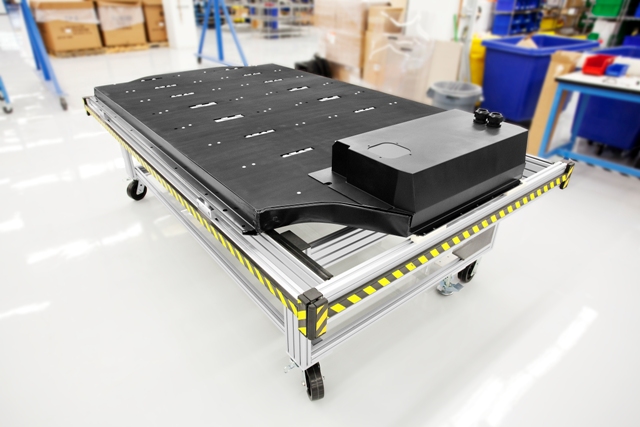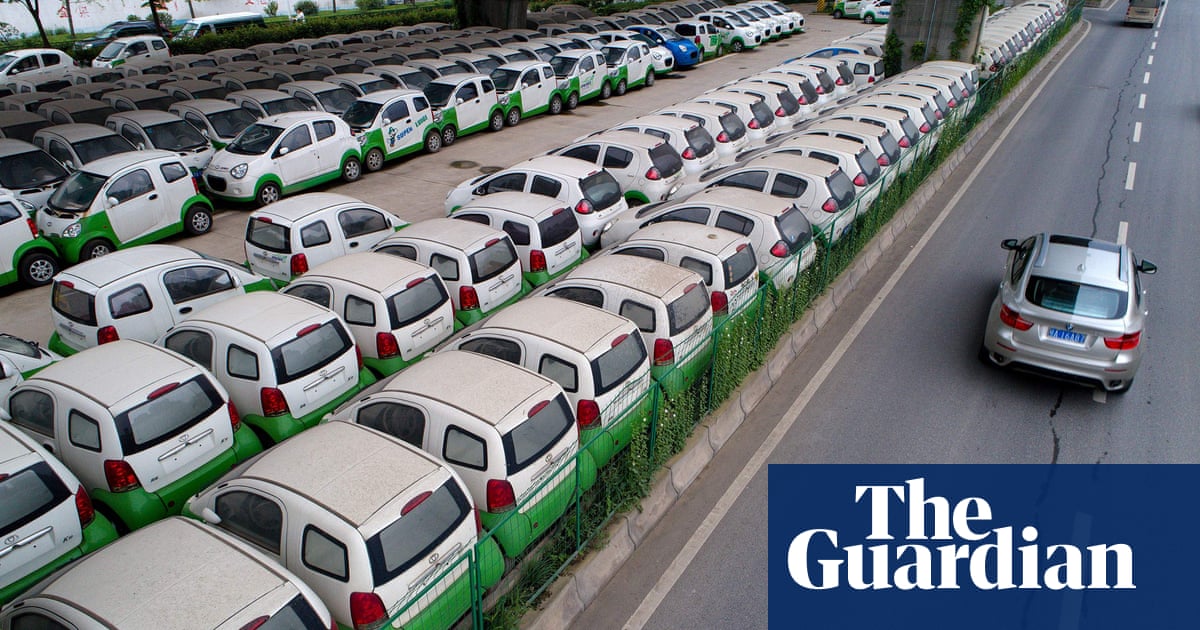Renewable energy is not constant nor reliable and it is low density. As the world struggles with its future power needs it becomes evident that there will be inherent costs and compromises in performance and costs.

In order to build electric vehicles you need batteries

batteries are a poor source of energy and require intense MINING ( diésel powered machinery and more environmental damage)


for lithium and are a major problem for disposal. Lithium batteries are dangerous and prone to burst into flames.


Europe:
The drive to replace polluting petrol and diesel cars with a new breed of electric vehicles has gathered momentum in recent weeks. But there is an unanswered environmental question at the heart of the electric car movement: what on earth to do with their half-tonne lithium-ion batteries when they wear out?
British and French governments last month committed to outlaw the sale of petrol- and diesel-powered cars by 2040, and carmaker Volvo pledged to only sell electric or hybrid vehicles from 2019.
The number of electric cars in the world passed the 2m mark last year and the International Energy Agency estimates there will be 140m electric cars globally by 2030 if countries meet Paris climate agreement targets. This electric vehicle boom could leave 11m tonnes of spent lithium-ion batteries in need of recycling between now and 2030, according to Ajay Kochhar, CEO of Canadian battery recycling startup Li-Cycle.
Recycling gap
However, in the EU as few as 5% (pdf) of lithium-ion batteries are recycled. This has an environmental cost. Not only do the batteries carry a risk of giving off toxic gases if damaged, but core ingredients such as lithium and cobalt are finite and extraction can lead to water pollution and depletion among other environmental consequences.
There are, however, grounds for optimism. Thus far, the poor rates of lithium-ion battery recycling can be explained by the fact that most are contained within consumer electronics, which commonly end up neglected in a drawer or chucked into landfill.
This won’t happen with electric vehicles, predicts Marc Grynberg, chief executive of Belgian battery and recycling giant Umicore. “Car producers will be accountable for the collection and recycling of spent lithium-ion batteries,” he says. “Given their sheer size, batteries cannot be stored at home and landfilling is not an option.”
We will need to produce many time more electricity than we do presently to charge electric vehicles.

Not going to happen from feeble and unpredictable solar, wind and hydroelectric sources.




A good analogy for reliance on renewables is the age of Sail. Sailing ships moved goods around the world from the 16th century until the beginning of the 20th century. Technical progress even produced higher speed. However they were limited both in size and especially in reliability. They could become becalmed for a week or hit by ferocious storms blowing them way off course. They really only worked worked well under stable wind conditions, which were unpredictable. As soon as iron clad ships and reliable steam engines became available they quickly replaced sailing ships. Modern container ships today master all weather conditions and move most of the world’s trade on which the global economy depends.
Why is Germany investing so much in Energiewende?.
Germany is really building 2 energy infrastructures. A renewable infrastructure and a backup fossil fuel infrastructure. They recently built 19 new modern coal fired stations in parallel to their investment in wind and solar. The reason is simple.
On a cold December evening when there is no wind the renewable power supply is zero, and all their coal stations must be be ramped up to maximum output. They will have to build yet more coal stations if they go ahead and close their nuclear plants just to please the Green party. Energiewende as currently envisaged will never be able to deliver a zero carbon future, unless they add inefficient CCS to their coal plants. If so then they will need 50% more of them.
The only logical solution for the UK is a mostly nuclear energy future with some CCS coal stations if economic.
Thanks for such a nice content. Apppreciate it :)
ReplyDeleteCheers
If anyone interested similar one's have a look here https://www.batterymodeon.com thanks